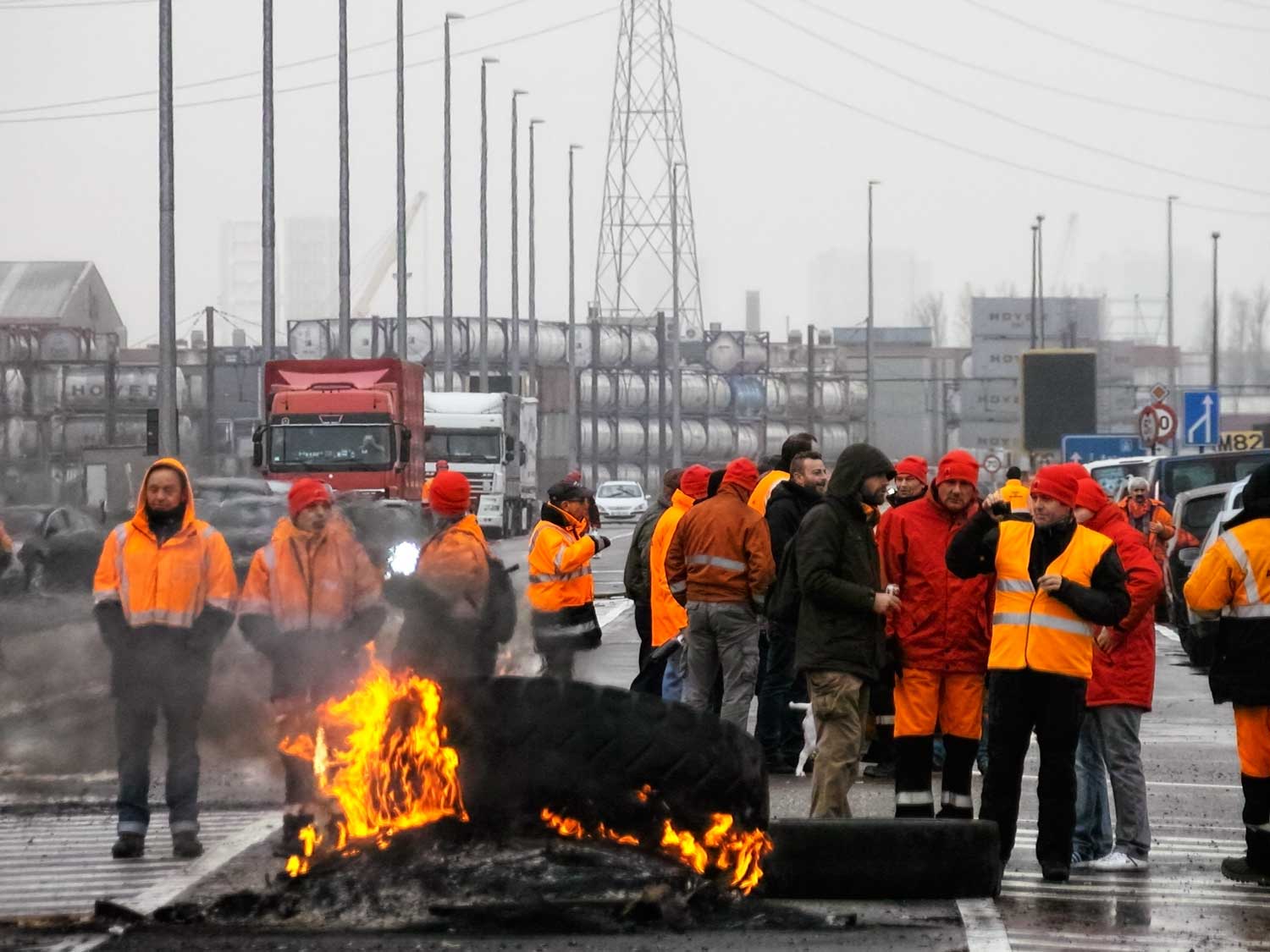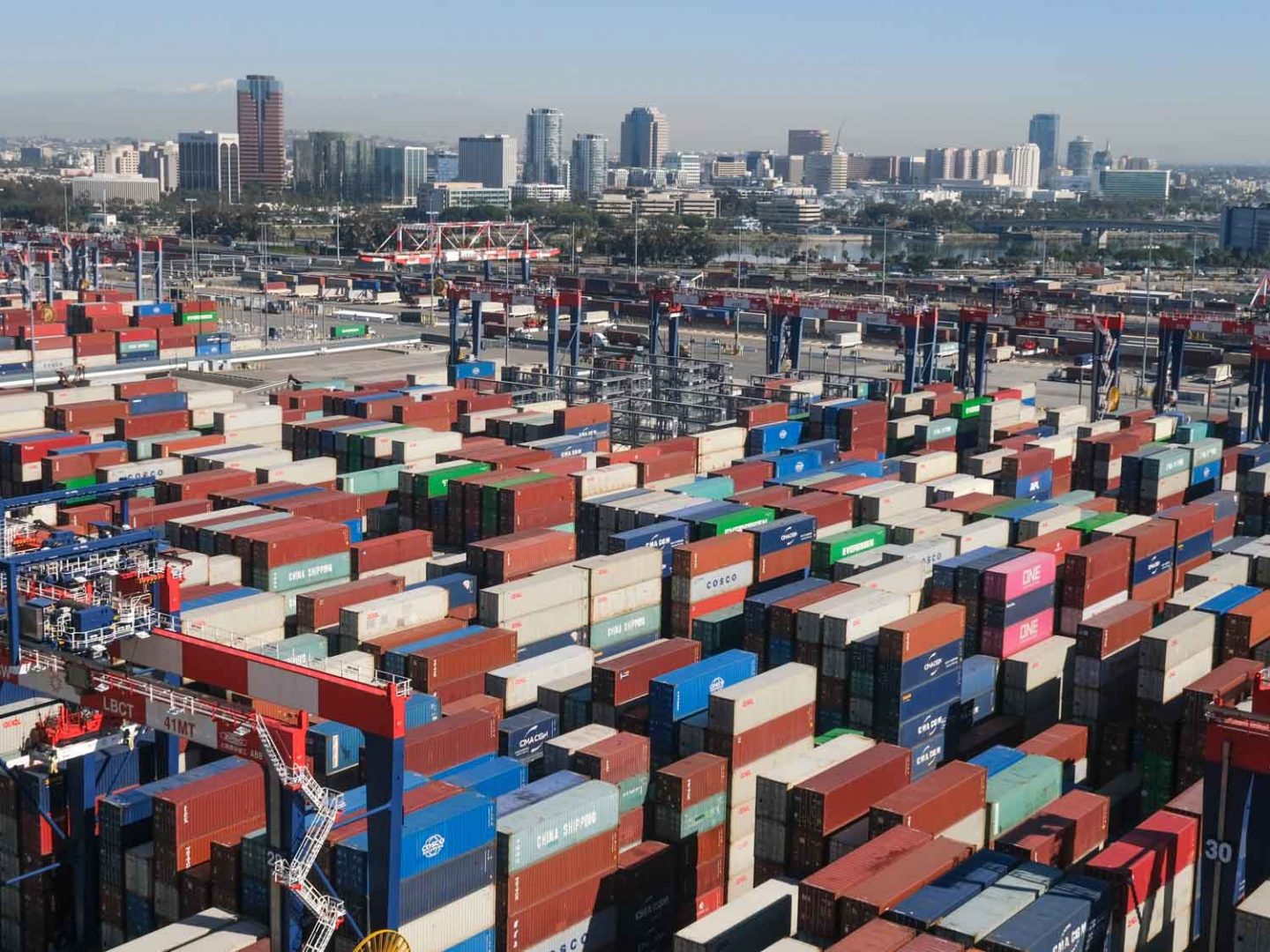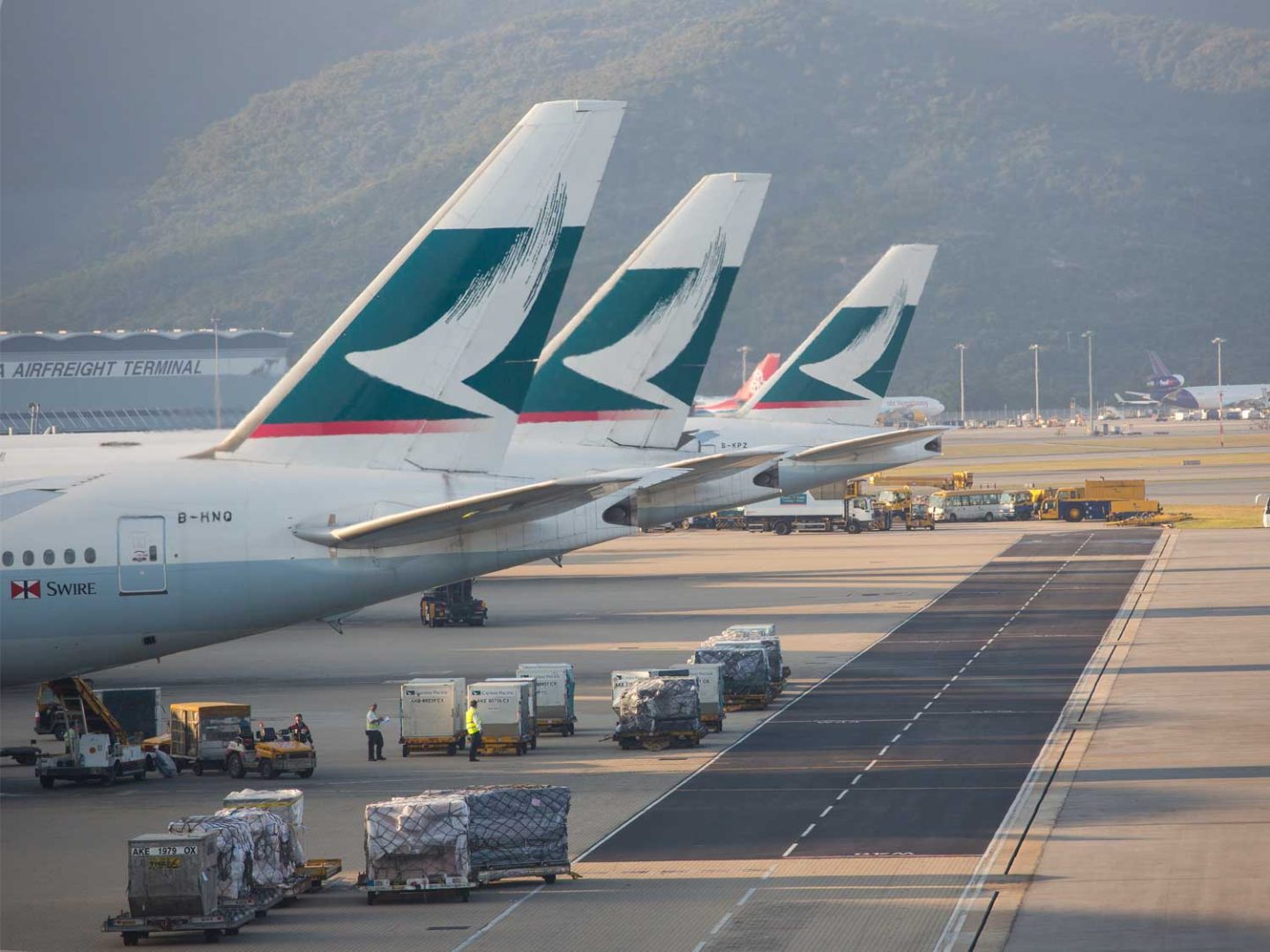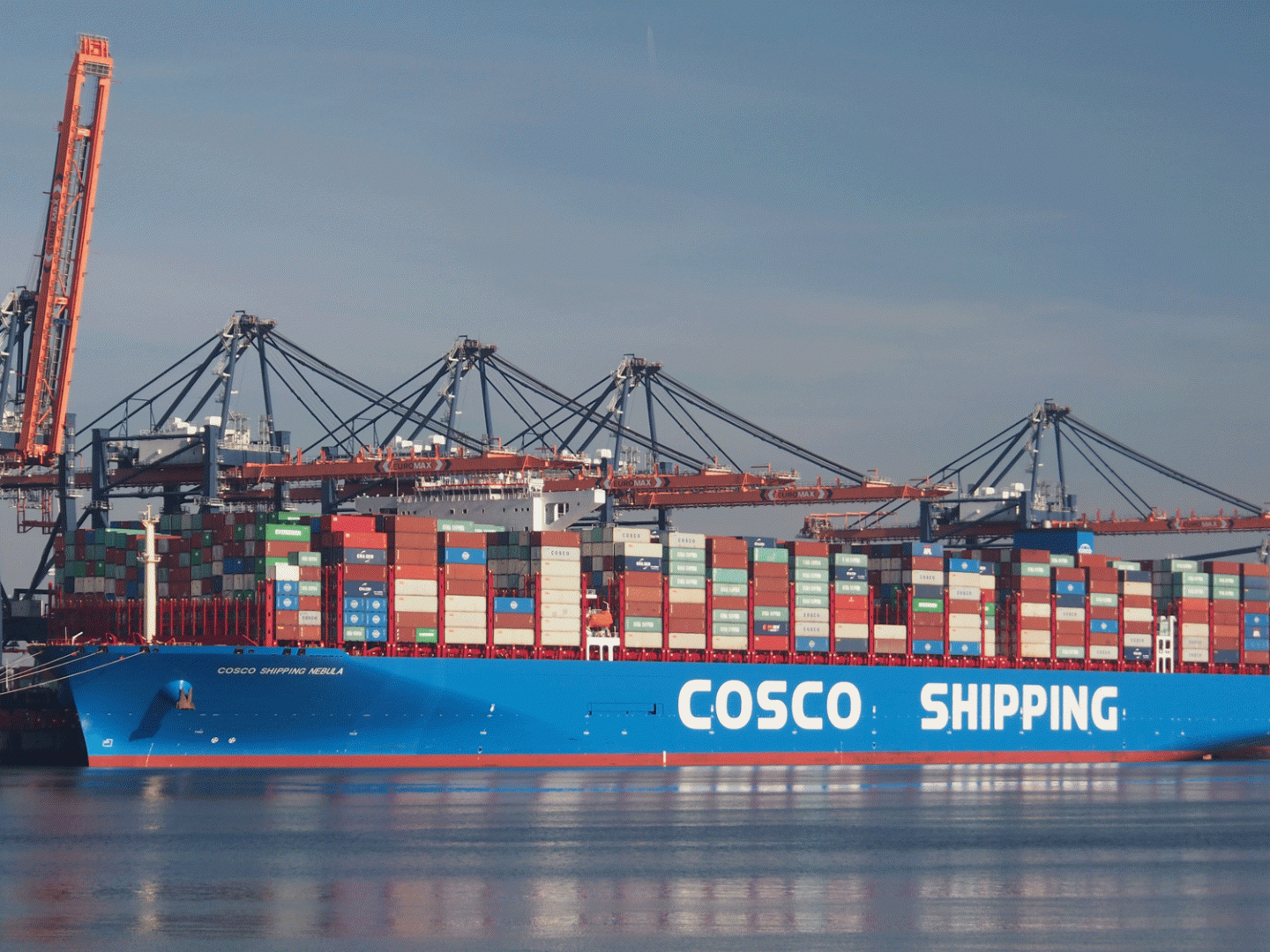Europe’s container ports may see a short reprieve following a court-mediated agreement to pause a major strike at the Port of Rotterdam, but broader port disruption continues to threaten sea freight flows across the continent.
Hundreds of lashers at Europe’s busiest container terminal suspended their walkout for five days on Monday 13 October to Friday 17 October, under terms agreed after legal intervention and fresh negotiations between unions and employer associations. The temporary halt offers a breathing space for business operators and shippers facing backlog pressure.
The strike, which began last Wednesday, had brought loading and unloading at all Rotterdam container berths to a standstill, accumulating a significant queue of vessels anchored offshore. The lashers, who are responsible for securing containers on ships, had demanded a pay increase and better conditions, asserting that the port could not function without their services.
Under last Saturday’s court ruling, unions and employers pledged to resume talks on Sunday morning. The agreement allows the walkout to pause while negotiations continue, but warns that striking may resume if no deal materialises by Friday morning.
Wider Toll on European Ports
Rotterdam’s crisis is hardly isolated. Industrial unrest has swelled across Northern Europe, compounding congestion that was already mounting due to vessel re-deployments, yard overcapacity, and adverse weather.
At the Port of Antwerp-Bruges, harbour pilots have initiated work-to-rule protests over proposed pension reforms. Their action has aggravated scheduling delays and snarled traffic entering and leaving the Belgian ports. Antwerp authorities reported dozens of vessels without confirmed berths. With Antwerp already facing backlog pressure, it has limited ability to absorb overflow from Rotterdam.
The strikes and bottlenecks they are creating have triggered ripple effects through Europe’s logistics networks, with delayed container loading, longer turnaround times, and route reassignments.
The Outlook
The five-day pause in Rotterdam will help clear some of the backlog, but if wage talks fail, strikes could quickly resume, deepening disruption across Europe’s ports. However, shippers remain exposed to bottlenecks, rising costs, and delivery uncertainty as supply chains strain under the pressure. Antwerp’s limited spare capacity offers little relief, and other ports may struggle to absorb diverted traffic amid already congested terminals.
At the heart of the dispute lie wage and labour tensions, with lashers demanding a 7% pay rise plus inflation adjustment, a cost many operators claim the industry can not afford in a tightening logistics labour market, raising the spectre of prolonged labour disputes.
Metro’s sea freight team are monitoring the evolving situation and working closely with customs, ports, and European logistics colleagues to minimise disruption and keep customers’ supply chains moving.
EMAIL Andrew Smith, Managing Director, today.





